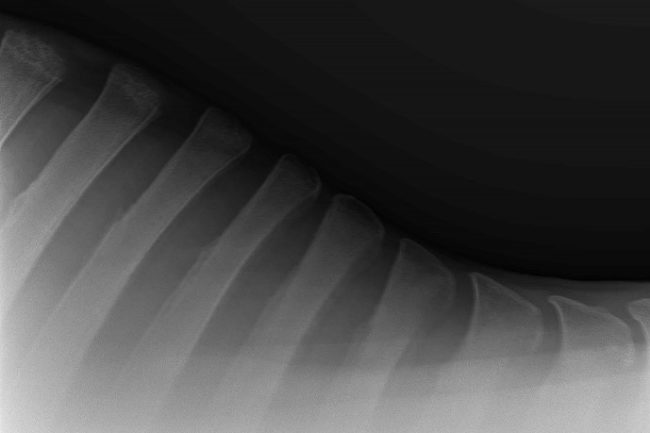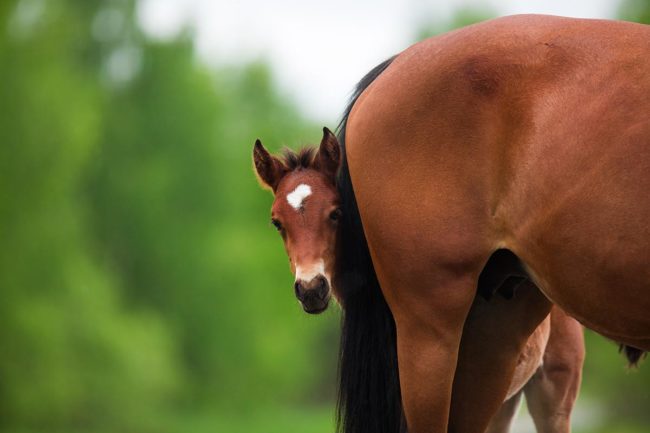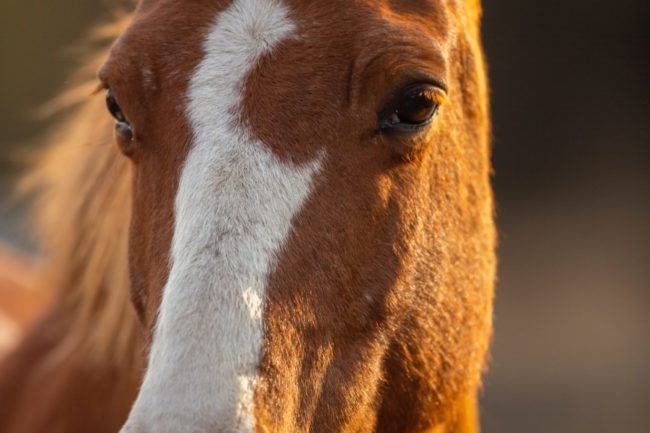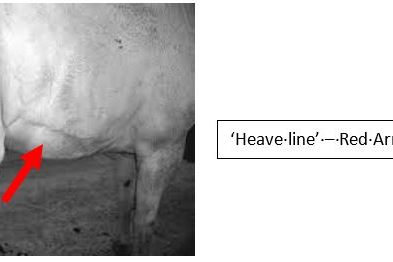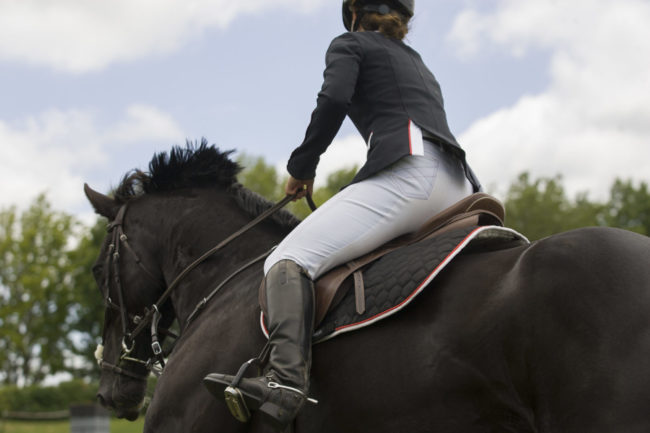“KISSING SPINES”
This is the name given not to “affectionate backs” but to over-riding or impinging of the dorsal spinous processes of the vertebrae commonly in thoracic (chest) or lumbar (lower back) region of the horse. Often it is in the region of wither or saddle and can be associated with a poor saddle fit or trauma/damage…
Details
